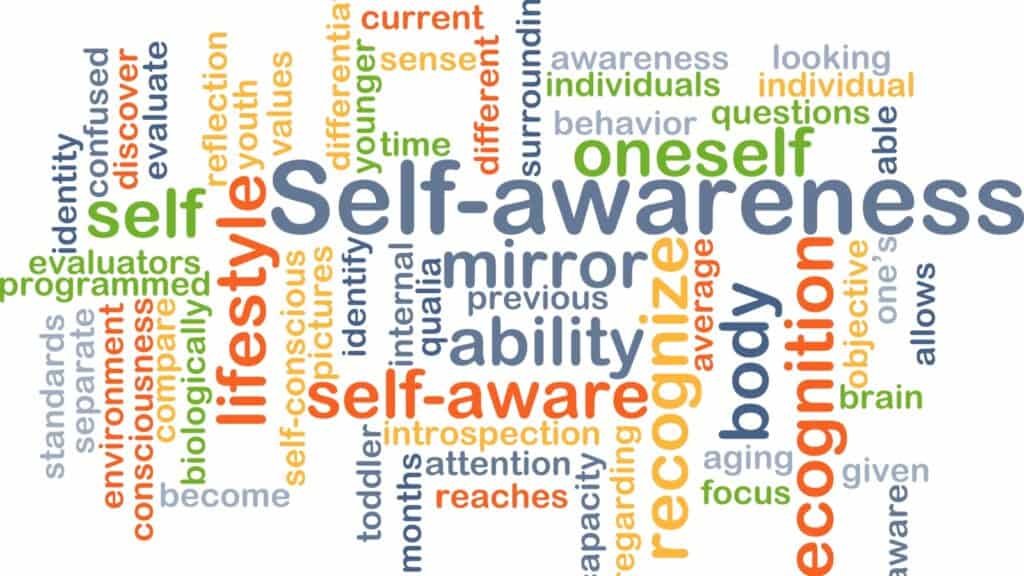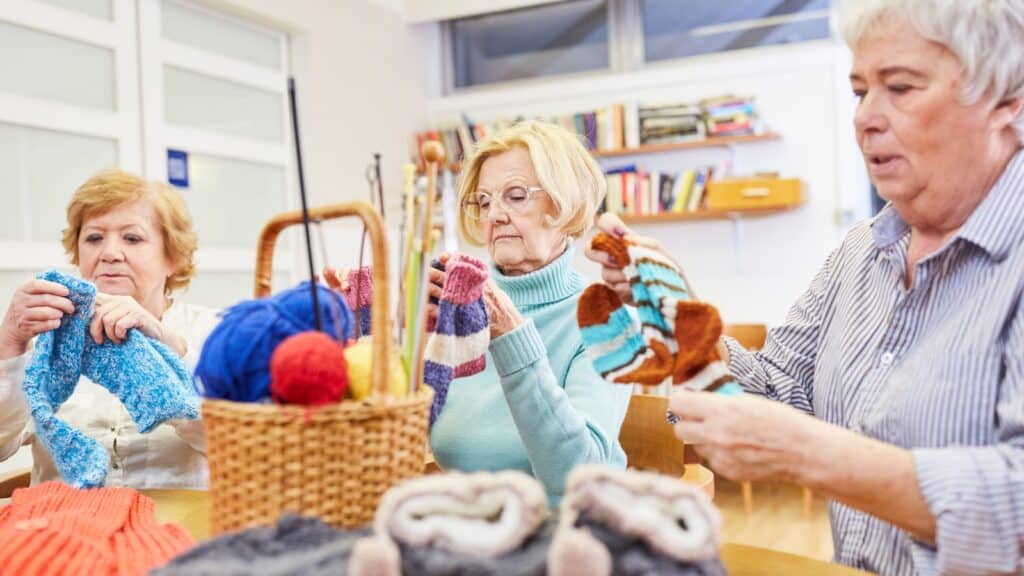How to Build Self Esteem in a Hypercritical World
Building self-esteem in a hypercritical world requires a multifaceted approach that focuses on internal growth, resilience, and the development of a supportive environment. Here are several strategies to consider:
1. Understand the Source of Criticism

– Reflect on Criticism: Not all criticism is harmful. Some of it can be constructive and help you grow. Learn to differentiate between constructive criticism and negativity that stems from others’ insecurities or malice.
– Limit Exposure: Reduce your time spent on social media or in environments where hypercriticism is prevalent. Surround yourself with positivity and constructive feedback.
2. Develop a Strong Sense of Self

– Self-Awareness: Spend time understanding your values, strengths, and weaknesses. Self-awareness is key to building confidence and resilience against external negativity.
– Set Personal Goals: Focus on personal achievements and set realistic goals. Celebrate your successes, no matter how small, to build a sense of accomplishment.
3. Cultivate Positive Relationships

– Seek Supportive Networks: Surround yourself with people who uplift you and believe in your potential. This could be friends, family, or support groups.
– Be Supportive of Others: Offering support and positivity to others can reinforce your own self-esteem. It creates a positive feedback loop within your social circle.
4. Develop Deeper Connections

Once you’ve identified potential supporters, work on deepening those relationships:
– Communicate Openly: Share your thoughts, feelings, and experiences. Open communication is the foundation of any strong relationship.
– Spend Quality Time Together: Engage in activities that both you and your supporters enjoy. This can strengthen your bond.
– Be Supportive in Return: A support system is a two-way street. Be there for your supporters just as they are there for you.
5. Expand Your Network

If you feel your current circle is too small or not supportive enough, consider expanding your network:
– Join Groups or Clubs: Look for groups that share your interests, such as book clubs, sports teams, or hobby-based groups. These can be great places to meet like-minded individuals.
– Volunteer: Volunteering can connect you with people who are also altruistic and caring. It’s a way to meet others while doing good.
– Attend Workshops or Classes: Educational settings can help you connect with people who are also looking to improve themselves.
6. Leverage Online Communities

If geographical or physical limitations are a concern, online communities can be incredibly supportive:
– Forums and Social Media Groups: Many online platforms offer communities for support and advice. Look for groups with a positive and encouraging tone.
– Mental Health Apps: Some apps are designed to help build self-esteem and can connect you with counselors or peer support groups.
7. Practice Self-Compassion and Mindfulness

– Self-Compassion: Be kind to yourself. Understand that everyone makes mistakes, and that perfection is an unrealistic standard. Practice self-forgiveness.
– Mindfulness: Engage in mindfulness practices such as meditation or yoga. These can help reduce stress and increase your emotional resilience.
8. Engage in Continuous Learning and Self-Improvement

– Learn New Skills: Engaging in new hobbies or learning new skills can boost your confidence and provide a sense of achievement.
– Seek Professional Help if Needed: Sometimes, building self-esteem might require the help of a therapist or counselor, especially if you’re dealing with deep-seated issues from the past.
9. Limit Comparison

– Focus on Your Journey: Everyone’s path is unique. Constant comparison with others, especially on social media, can be detrimental to self-esteem. Focus on your own growth and progress.
10. Positive Affirmations and Visualization

– Use Positive Affirmations: Regularly affirming your worth and capabilities can help shift your mindset to a more positive one.
– Visualization: Visualize your success and the achievement of your goals. This can help create a positive mental image of yourself, boosting your self-esteem.
The Takeaway

Building self-esteem in a hypercritical world is an ongoing process that requires patience, self-reflection, and persistence. By focusing on your personal growth, surrounding yourself with positivity, and practicing self-compassion, you can develop a resilient sense of self-worth that withstands external criticism. Remember, the journey to building self-esteem is as important as the destination.
Unlocking The Secrets Of Longevity: Do We Stop Aging At A Certain Point?

In the field of gerontology, a captivating phenomenon known as the Mortality Plateau has ignited a flurry of scientific inquiry. This intriguing occurrence suggests that beyond a certain age threshold, the rapid acceleration of aging appears to cease, leading to a leveling off of mortality rates. Research into this phenomenon unveils a wealth of insights into the intricacies of human longevity. READ: Unlocking The Secrets Of Longevity: Do We Stop Aging At A Certain Point?
Science Tells Us What To Expect As We Age: Strategies For Thriving In Later Life

that pertain to us all. Aging gradually alters people over decades, a long period shaped by individuals’ economic and social circumstances, their behaviors, their neighborhoods, and other factors. Also, while people experience common physiological issues in later life, they don’t follow a well-charted, developmentally predetermined path. Let’s take a look at what science has told us to expect. READ: Science Tells Us What To Expect As We Age: Strategies For Thriving In Later Life
Join Us

Join us on this empowering journey as we explore, celebrate, and elevate “her story.” The Queen Zone is not just a platform; it’s a community where women from all walks of life can come together, share their experiences, and inspire one another. Welcome to a space where the female experience takes center stage. Sign up for our newsletter so you don’t miss a thing, Queen!







